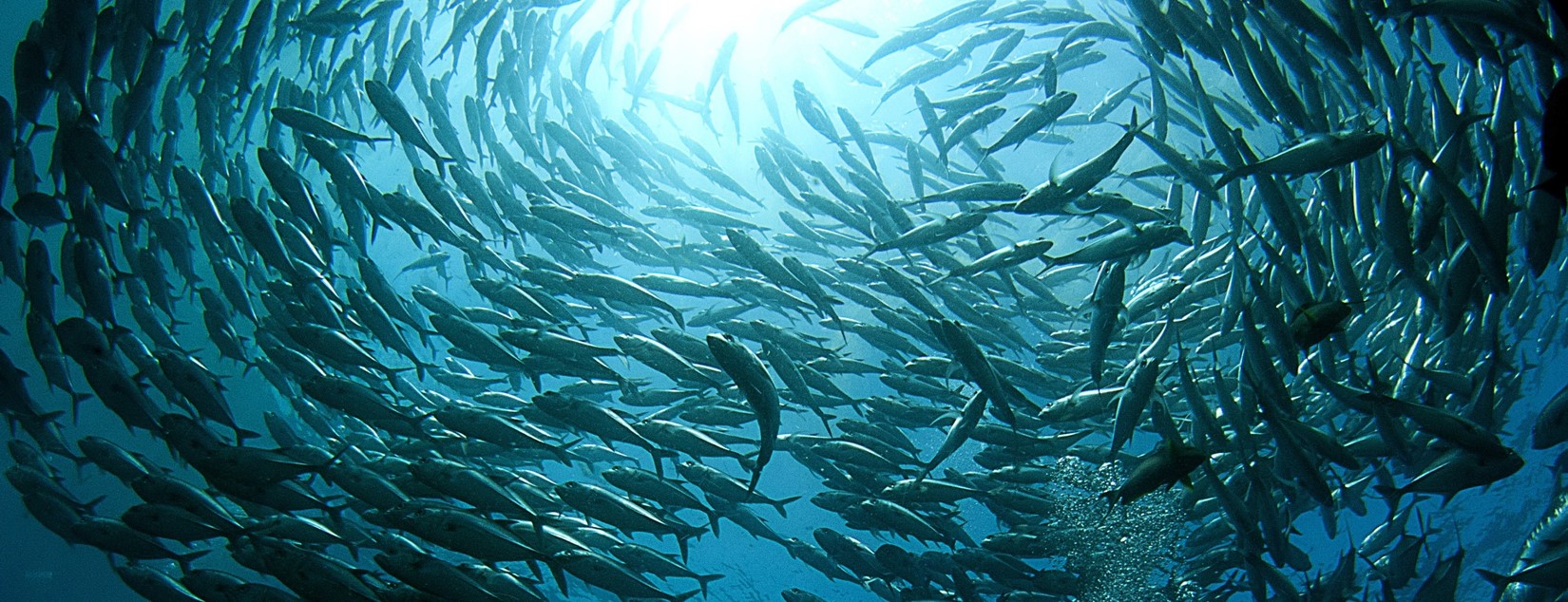This guide will assist you with exploring and navigating the numerous resources available through the University of Miami Libraries system and beyond. For more information about resources in the Marine Biology and Ecology, or to make an appointment for in-depth research assistance please
contact the RSMAS Librarian, Angela Clark-Hughes. For general inquires and assistance call or visit the RSMAS Library (305) 421-4060.
MBE Department
contact the RSMAS Librarian, Angela Clark-Hughes. For general inquires and assistance call or visit the RSMAS Library (305) 421-4060.
MBE Department
This is a list of some of the journals published in by RSMAS MBE Faculty.
Bulletin of Marine Science
Marine Ecology Progress Series
Aquatic Toxicology
Coral Reefs
Journals of Experimental Biology
Comparative Biochemistry and Physiology A - Molecular & Integrative Physiology
PlosOne
Comparative Biochemistry and Physiology Part B - Biochemistry &Molecular Biology
Harmful Algae
Science
BMC Genomics
Molecular Ecology
Marine Pollution Bulletin
Journal of Fish Biology
Journal of Geophysical Research - Oceans
Limnology and Oceanography
Geophysical Research Letters
Proceedings of the National Academy of Science (PNAS)
Global Change Biology
Global Biogeochemical Cycles
Marine and Freshwater Behavior and Physiology
Journal of Experimental Marine Biology and Ecology
Environmental Science and Technology
Atmospheric Chemistry and Physics
Ecological Indicators
Environmental Toxicology and Chemistry
Nature
Journal of Coastal Research
Deep Sea Research Part II- Tropical Studies in Oceanography
Estuarine Coastal and Shelf Science
Bulletin of Marine Science
Marine Ecology Progress Series
Aquatic Toxicology
Coral Reefs
Journals of Experimental Biology
Comparative Biochemistry and Physiology A - Molecular & Integrative Physiology
PlosOne
Comparative Biochemistry and Physiology Part B - Biochemistry &Molecular Biology
Harmful Algae
Science
BMC Genomics
Molecular Ecology
Marine Pollution Bulletin
Journal of Fish Biology
Journal of Geophysical Research - Oceans
Limnology and Oceanography
Geophysical Research Letters
Proceedings of the National Academy of Science (PNAS)
Global Change Biology
Global Biogeochemical Cycles
Marine and Freshwater Behavior and Physiology
Journal of Experimental Marine Biology and Ecology
Environmental Science and Technology
Atmospheric Chemistry and Physics
Ecological Indicators
Environmental Toxicology and Chemistry
Nature
Journal of Coastal Research
Deep Sea Research Part II- Tropical Studies in Oceanography
Estuarine Coastal and Shelf Science
Methods in Enzymology
Methods in Ecology and Evolution
Nature Protocols
Bio Protocol
A peer-viewed e-journal established in 2011 by a group of Stanford researchers whose mission is to make life science research more efficient and reproducible by curating and hosting high quality, open access, life science protocols.
Journal of Visualized Experiments (JoVE)
Methods in Ecology and Evolution
Nature Protocols
Bio Protocol
A peer-viewed e-journal established in 2011 by a group of Stanford researchers whose mission is to make life science research more efficient and reproducible by curating and hosting high quality, open access, life science protocols.
Journal of Visualized Experiments (JoVE)
Encyclopedia of Life Sciences (Online)
Coverage Includes: Biochemistry, Cell Biology, Developmental Biology, Ecology, Evolution and Diversity of Life, Functional and Comparative Morphology, Genetics and Disease, Genetics and Molecular Biology, Immunology, Microbiology, Neuroscience, Plant Science, Science and Society, Structural Biology, Virology.
Encyclopedia of Marine Sciences
GC9 .E56 1998
The multidisciplinary character of marine sciences (biology, chemistry, geology, physical oceanography) is reflected in some 1,980 up-to-date alphabetically listed keywords, and many illustrations.
Encyclopedia of Ocean Sciences (Online)
The Encyclopedia of Ocean Sciences is the most current, authoritative, and comprehensive resource on the science of the oceans. It covers ancillary topics such as ocean technology, law of the oceans, global programs, marine policy, the use of the oceans for food and energy, and the impact of pollution and climate changes.
Encyclopedia of Marine Mammals
QL713.2 .E53 2009
This reference covers the entire range of marine mammal study. Each of the 283 articles (varying in length from two columns to several pages) begins with an introductory paragraph that defines the topic being discussed and summarizes the overall content.
- Data Papers -- Ecological Archives
Author: Ecological Society of America
Data Papers are compilations and syntheses of data sets and associated metadata deemed to be of significant interest to the ESA membership and the scholarly community. Data papers are peer reviewed and are announced in abstract form in the appropriate print journal as a Data Paper. Data papers differ from review or synthesis papers published in other ESA journals in that data papers normally will not test or refine ecological theory.
Data Papers can facilitate the rapid advancement of ecological knowledge and theory at the same time that they disseminate information. In addition, Ecological Archives provides a reward mechanism (in the form of peer-reviewed, citable objects) for the substantial effort required to compile and adequately document large data sets of ecological interest. {RG 12/17/13}
•Data Papers Instructions -- ESA - Dryad
"Dryad is an international repository of data underlying peer-reviewed articles in the basic and applied biosciences. Dryad enables scientists to validate published findings, explore new analysis methodologies, repurpose data for research questions unanticipated by the original authors, and perform synthetic studies." Dryad started with "an initiative among a group of leading journals and scientific societies in evolutionary biology and ecology to adopt a joint data archiving policy (JDAP) for their publications, and the recognition that easy-to-use, sustainable, community-governed data infrastructure was needed to support such a policy." {RG 12/17/13}
•JDAP (Joint Data Archiving Policy) (http://datadryad.org/pages/jdap) - NEON (National Ecological Observatory Network Inc.)
NEON collects "data across the United States on the impacts of climate change, land use change and invasive species on natural resources and biodiversity. NEON is a project of the U.S. National Science Foundation, with many other U.S. agencies and NGOs cooperating."
NEON is "the first observatory network of its kind designed to detect and enable forecasting of ecological change at continental scales over multiple decades." The data NEON collects is freely and openly available to all users. {RG 12/17/13} - DataONE (Data Observation Network for Earth)
DataONE serves "as a distributed framework and sustainable cyberinfrastructure that meets the needs of science and society for open, persistent, robust, and secure access to well-described and easily discovered Earth observational data."
Supported by the U.S. National Science Foundation, DataONE ensures "the preservation and access to multi-scale, multi-discipline, and multi-national science data." DataONE transcends "domain boundaries and makes biological data available from the genome to the ecosystem; makes environmental data available from atmospheric, ecological, hydrological, and oceanographic sources; provides secure and long-term preservation and access; and engages scientists, land-managers, policy makers, students, educators, and the public through logical access and intuitive visualizations." {RG 12/17/13}
